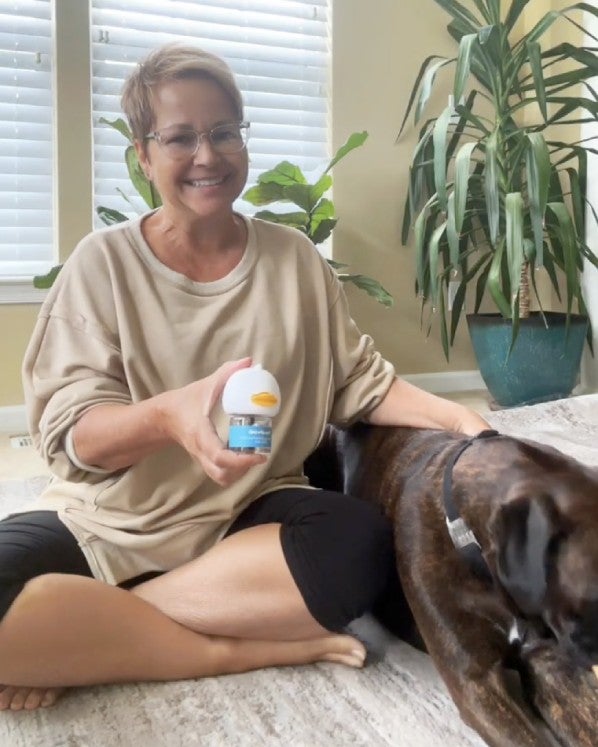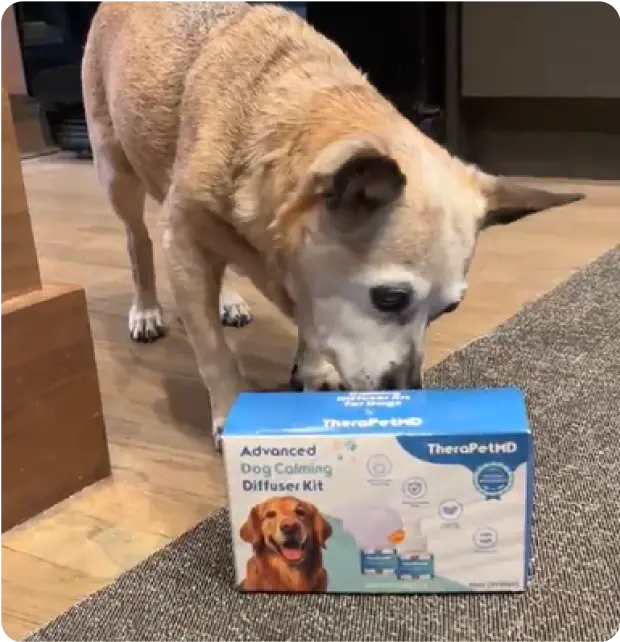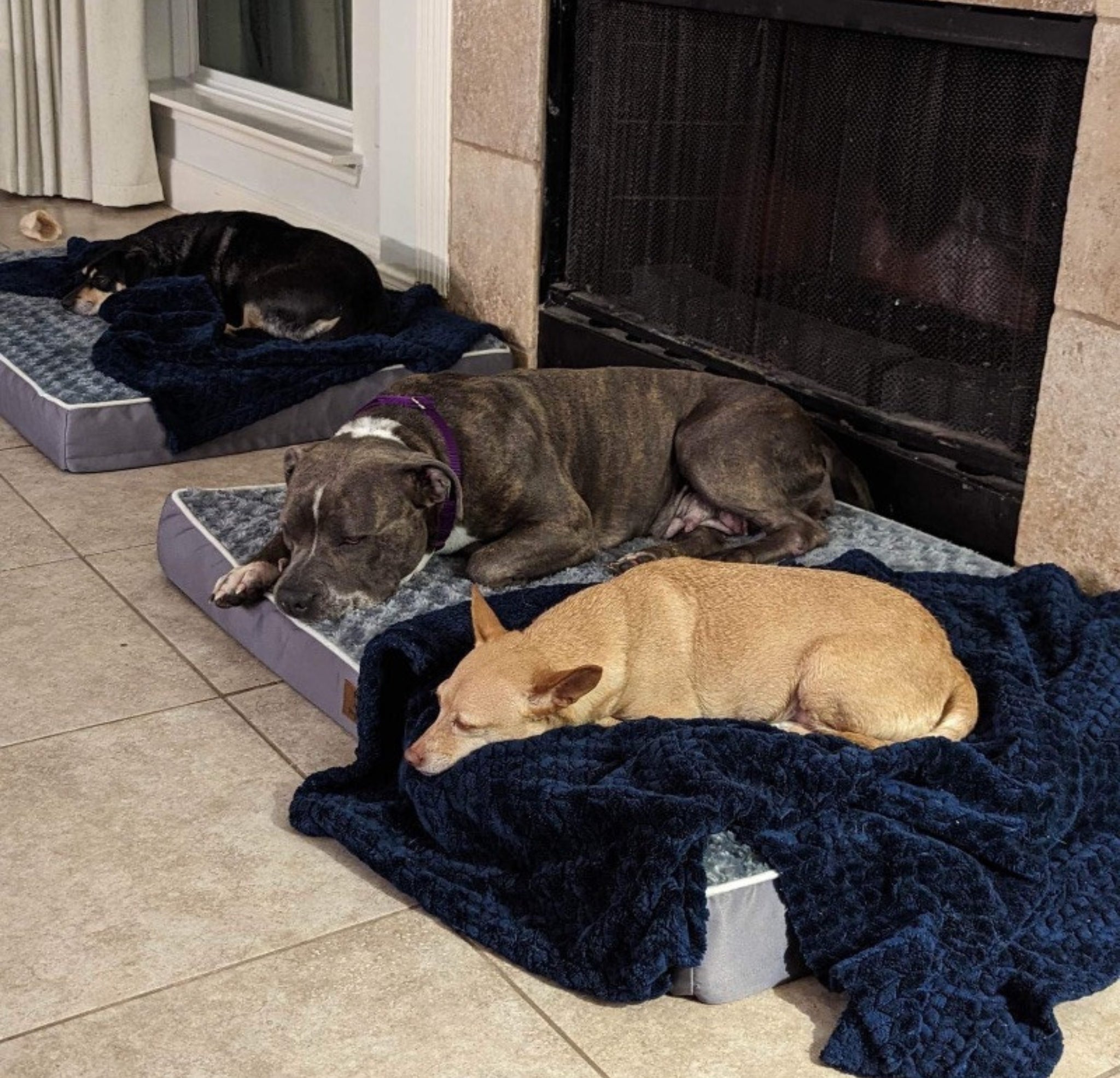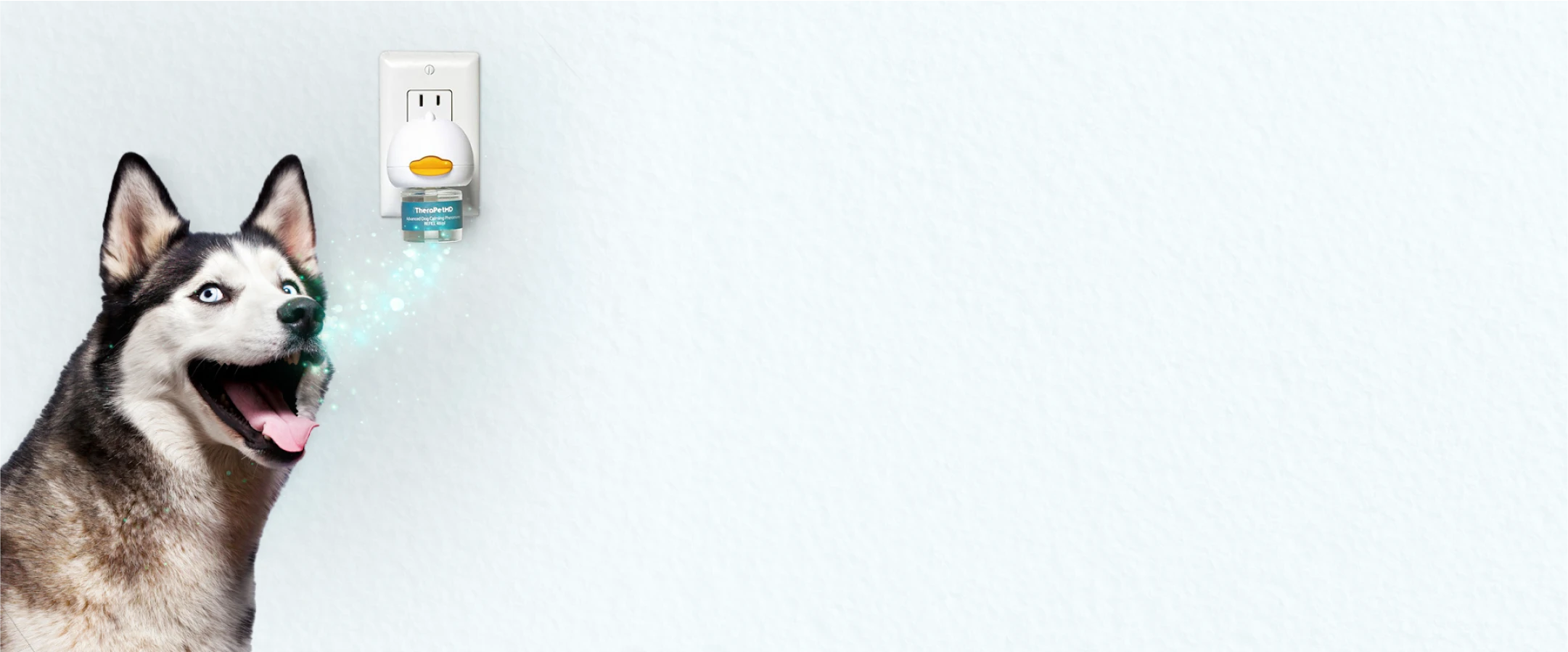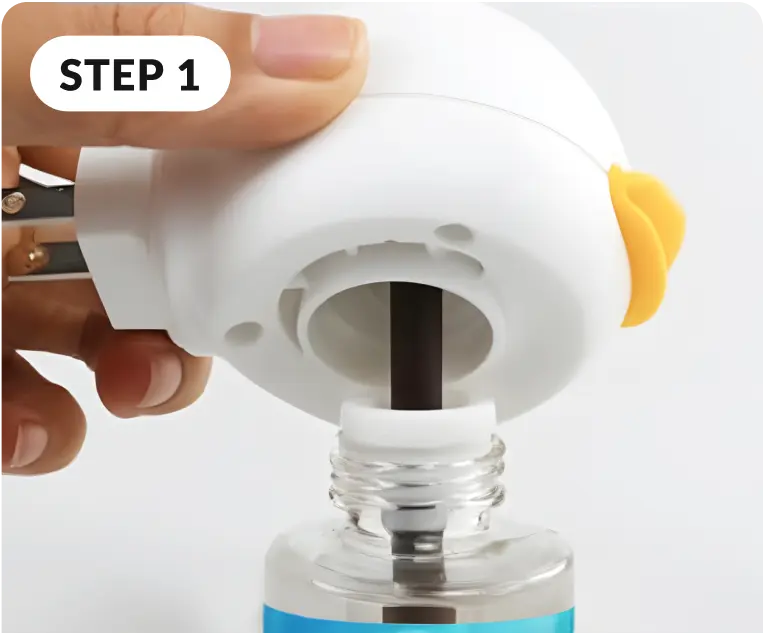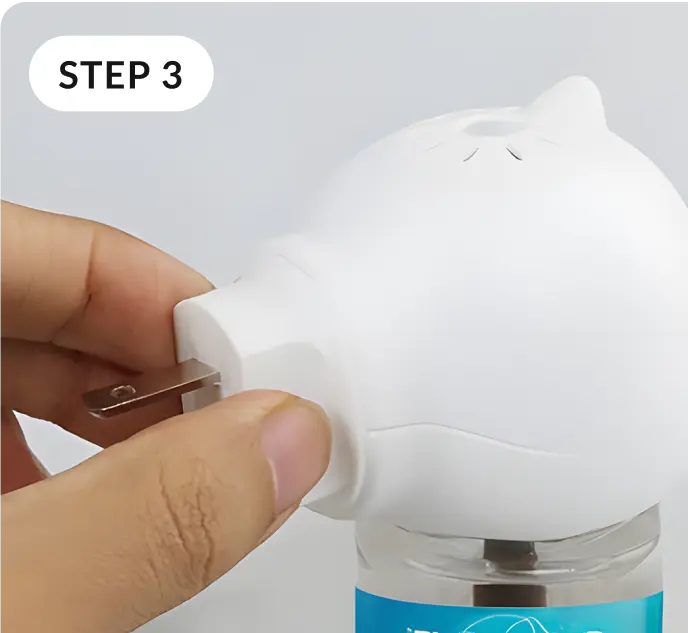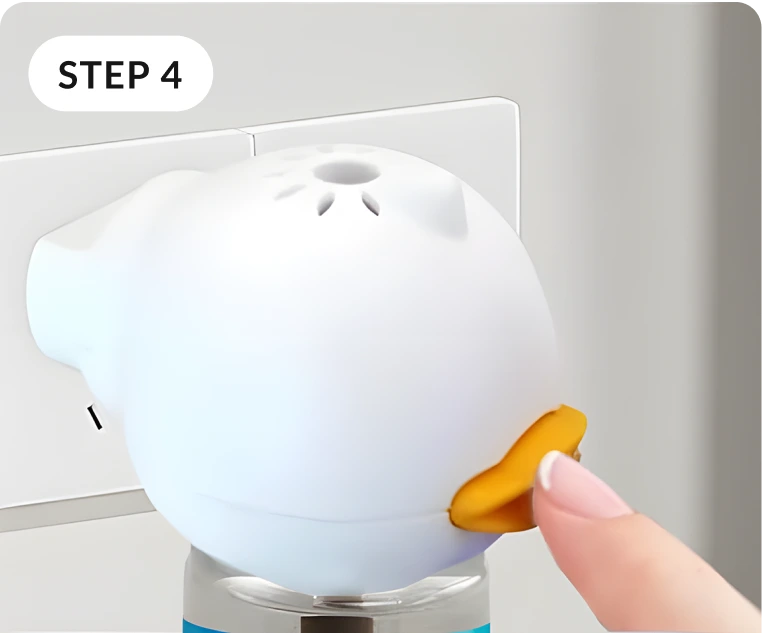A PhD veterinarian reveals that aggression, excessive chewing, and destructive behavior are often linked to stress, anxiety, or fear.
Studies show that up to 55% of dogs act out aggressively due to feeling unsafe or overwhelmed.
If your dog is growling, lunging, or tearing up the house, it may be a sign of deeper issues.
Addressing your dog's anxiety early is key to preventing these behaviors from escalating.
You’ve Probably Tried These Solutions… But They Don’t Work

Crate Confinement 👎
It doesn’t teach the dog how to cope with anxiety—just forces temporary control.
Stress may build up and resurface once the dog is out.
Bark Collars 👎
hey can suppress barking but don’t address why the dog is barking (fear, anxiety, etc.).
This may worsen stress or lead to other unwanted behaviors.
Separating Dogs 👎
It only avoids conflict short-term.
The underlying tension and stress remain, so fights or aggression can flare up again whenever they’re together.
Punishment or Crating 👎
Can increase anxiety and make behaviors worse.
Behavioral Training 👎
training can help with commands and structure, but if the dog’s stress or anxiety isn’t resolved.
Aggression may persist despite knowing how to “sit” or “stay.”
Punishment 👎
Punishment can increase fear and anxiety, making aggression worse or damaging the human-dog bond.













